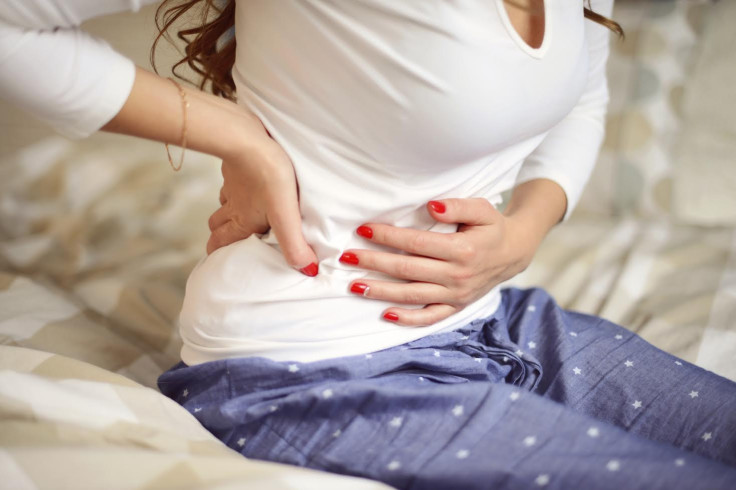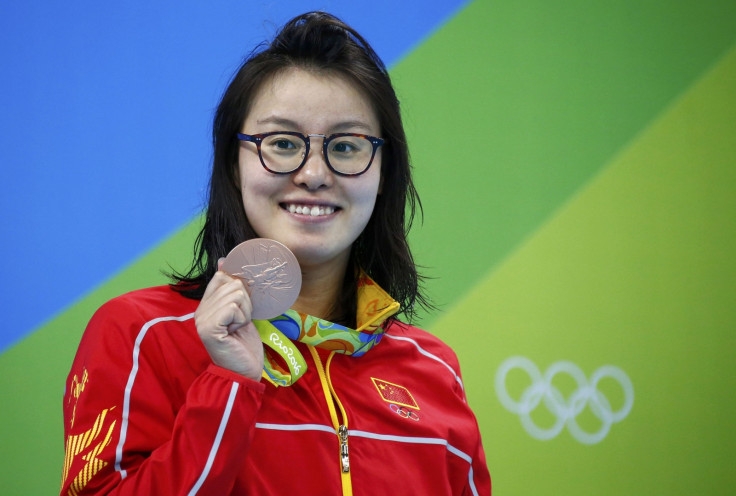Endometriosis is debilitating – extreme period pain means I miss out in life
Talking about periods in a society that doesn't want to hear the gory details isn't easy.

Just like billions of people around the world, I love watching the Olympics. The strength and power of the competitors amazes me. They epitomise everything that our society idolises – youth, athleticism, and success. Perhaps it is their portrayal as perfect bodies free from the frailties and limitations of us mere mortals that led to the seismic reaction to Chinese swimming star Fu Yuanhui's admission that her poor performance in the women's 100m medley relay was the result of her period.
News headlines and social media posts both celebrated and criticised Yuanhui's open and honest confrontation of what was deemed the 'period taboo'. Yes, you read that correctly, the taboo at the centre of international hysteria was the mention of her period – a routine occurrence experienced directly by approximately half of the human race during their lifetime and which helps to ensure the survival of our species.
Yuanhui's story struck a personal chord with me. I have endometriosis, a chronic gynaecological condition which occurs when tissue similar to the lining of the uterus is found in other places within the body, leading to a host of problems, from infertility to fatigue.
The disease can also cause period pain of truly biblical proportions, and so like Fu Yuanhui, I know the frustration of having your hard fought for plans and goals sabotaged by your lady parts. I also know first-hand the dangers of the 'period taboo', and the catastrophic effect of its perpetuation on women's physical and emotional wellbeing.
I have missed out on huge amounts of my life because of period pain, from days at school aged 12 to work and social events in my 20s. To quote my fellow sufferer Hilary Mantel, 'anything I have achieved has been in the teeth of this disease'.
Despite my best intentions my pain has held me back, and I am not alone in this experience. One large-scale international study found that women with endometriosis lose an average of 10 hours of productivity a week and hundreds of dollars in earnings over a year because of their pain. That's a huge personal price to pay for owning a uterus.

Getting a diagnosis is also a frustrating process, with the average women in the UK waiting 7.5 years from developing initial symptoms. This delay is somewhat attributable to the indifference shown to period pain from both the medical professional and wider society.
If there is one thing I have learned from my long and wearisome battle with endometriosis, it is that speaking up about periods, and the negative impact they often have on women's professional and private lives, matters. Acts of awareness raising should be applauded whether they come from famous athletes like Fu Yuanhui or lowly PhD students like myself, because speaking out about your period in a society that doesn't want to hear the gory details is hard.
Some people, such as Radhika Sanghan in The Telegraph, have argued that over-sensationalising cases such as Yuanhui's perpetuates of period taboos and prevents society from taking women's health seriously. This is simply not the case. Without speaking up loudly and consistently, it is likely that the causes of severe period pain will continue to be under-funded and under-researched.
A sad consequence of this will be that so many women, whether they are Olympic athletes, teachers, or stay at home mums, will never compete on a level playing field, get the treatment and support they need to overcome the challenges posed by their periods, or achieve their full potential. That is something worthy of getting angry and hysterical about.
Claire Barker is a PhD student at the University of Cambridge, and an advocate of all things women's health. She blogs about her experiences having suffered from endometriosis and adenomyosis for 15 years at 'The Endo The World?' Follow: @EndoladyUK.
© Copyright IBTimes 2025. All rights reserved.






















